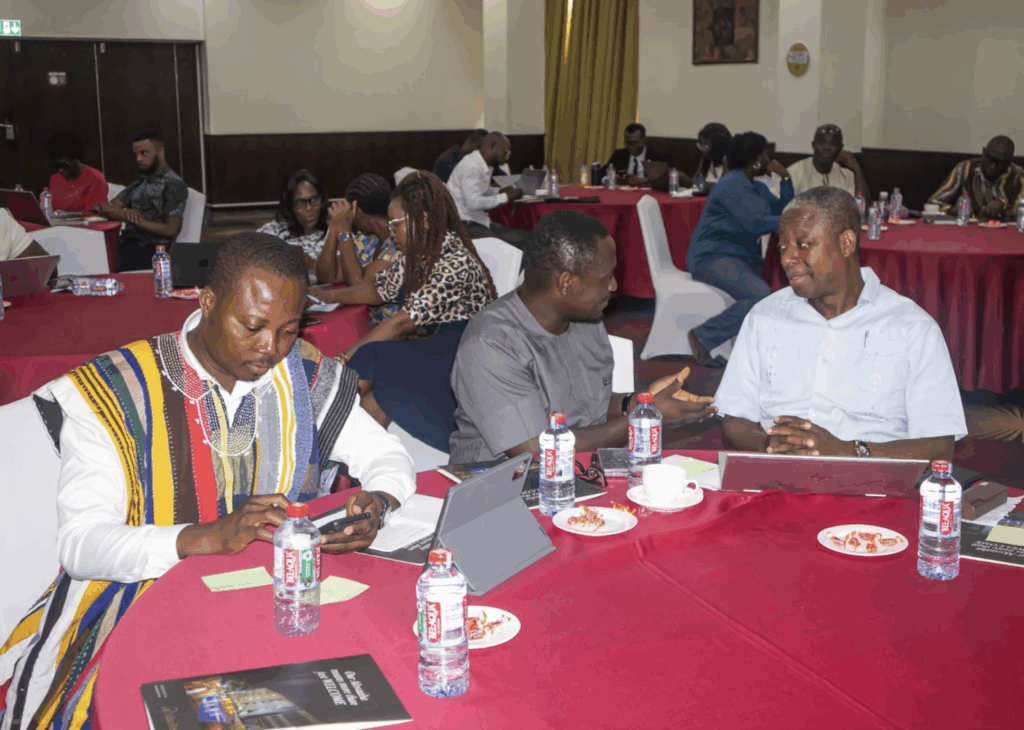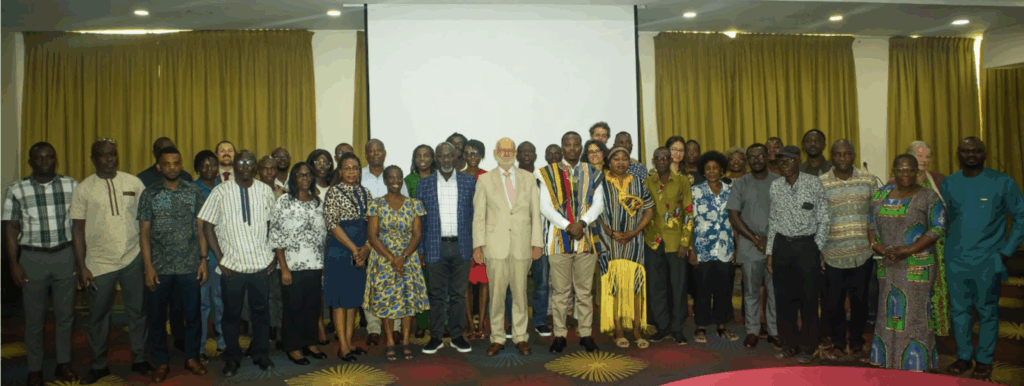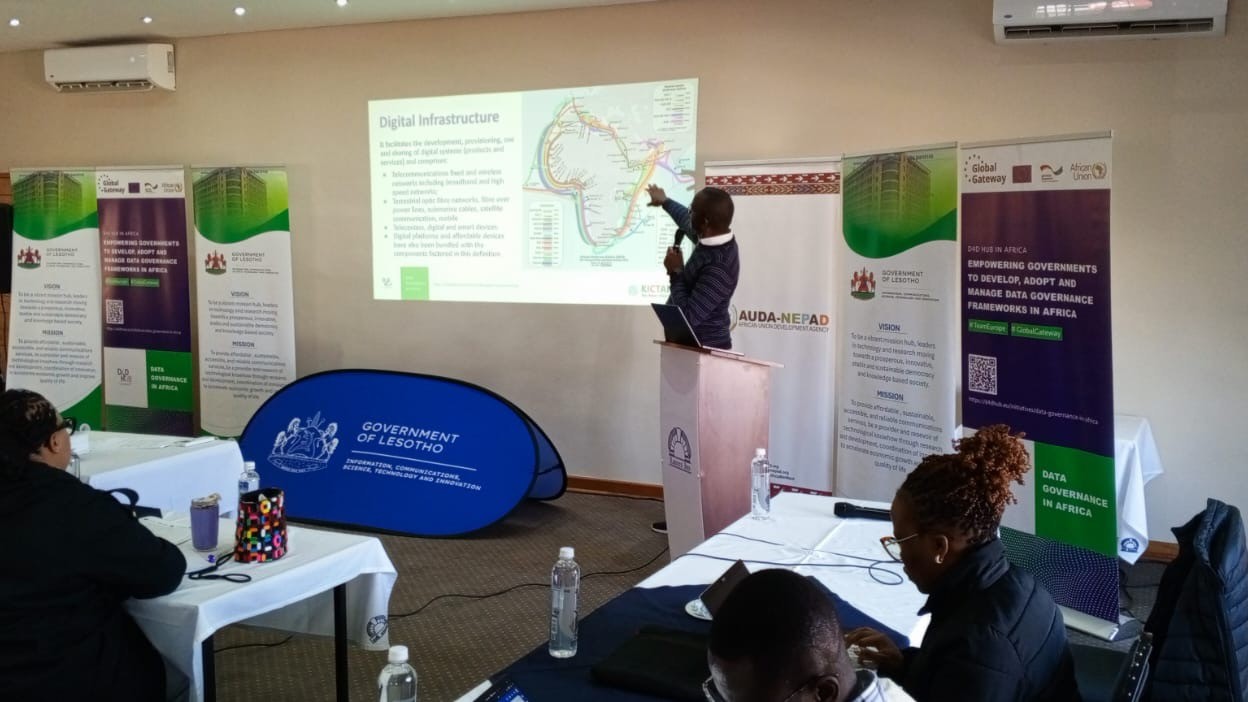Today’s democratic dispensation is witnessing a growing need for broader stakeholder collaboration and active citizen engagement in policy design and implementation. This calls for an innovative, responsive policy development process that ensures policies are relevant and applicable to local communities’ needs.
Collaborative governance lies at the heart of i4Policy’s work. We believe that better policies emerge when the people most affected are involved from the very beginning. That is why we focus on connecting citizens directly with decision-making processes and fostering a shared understanding between communities and institutions.

Since 2024, i4Policy has applied its innovative policy development tools, such as the ADDIS Framework, to support the agroforestry policy ecosystem in Ghana. The first phase culminated in a report that fully leveraged the ADDIS Framework. We subsequently engaged stakeholders nationwide through Policy Hackathons, which led to the development of a scoping report, as illustrated below:
A Participatory Approach to Agroforestry Policy in Ghana
Phase one revealed the potential for agroforestry farming practices to drive sustainable economic growth in the country. Ghana stands at a pivotal moment in advancing sustainable agriculture, climate resilience, and rural livelihoods. The newly published Agroforestry Policy Insights and Actions Framework, developed through a year-long participatory process, provides a roadmap for integrating trees into farming systems and building an inclusive, climate-smart agroforestry economy.
Commissioned by the Netherlands Enterprise Agency (RVO) and supported by the Embassy of the Kingdom of the Netherlands in Ghana, the report was produced by the Innovation for Policy Foundation (i4Policy) through extensive national consultations. This process included two Policy Hackathons in Tamale and Kumasi, and a National Multistakeholder Workshop in Accra, engaging farmers, civil society, researchers, government agencies, and private-sector actors in co-developing solutions.

The Framework identifies six thematic pillars that address Ghana’s most pressing agroforestry challenges, ranging from bridging technical and knowledge gaps to strengthening land and tree tenure systems, empowering smallholders, promoting crop diversification, and aligning institutional structures for long-term sustainability. It outlines actionable policy measures, institutional coordination mechanisms, and implementation priorities designed to turn stakeholder insights into scalable national strategies.
At its core, the Framework emphasises participation, inclusivity, and continuity. It represents not just a report, but a living blueprint for collaboration between farmers, policymakers, researchers, and investors. The recommendations from the policy insights serve as the foundation for establishing the Agroforestry Technical Working Group (ATWG) — a national coordination mechanism that will guide policy alignment and implementation efforts going forward, with the Food and Agriculture Organisation (FAO) serving as its host institution.
By embedding community knowledge, scientific research, and institutional partnerships into a unified framework, this publication marks a decisive step towards making agroforestry a central pillar of Ghana’s agricultural transformation and environmental stewardship.







